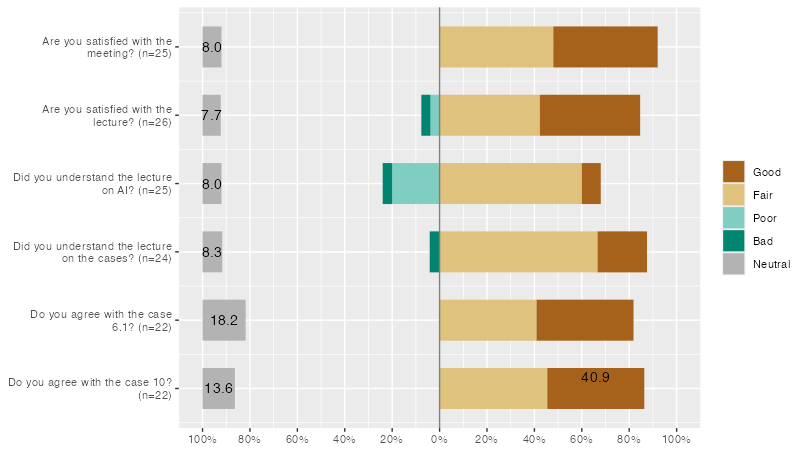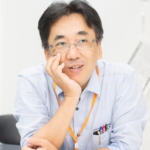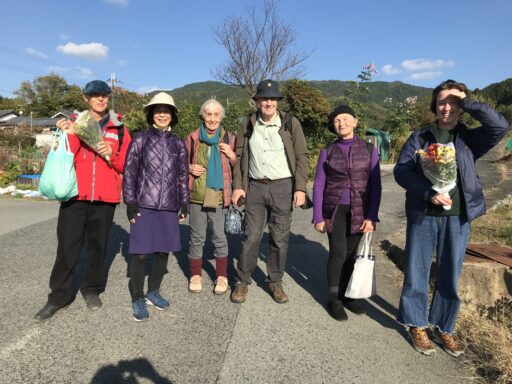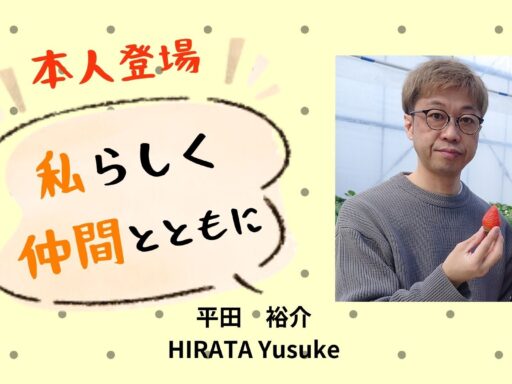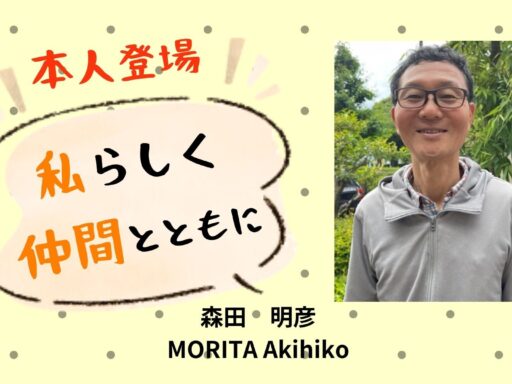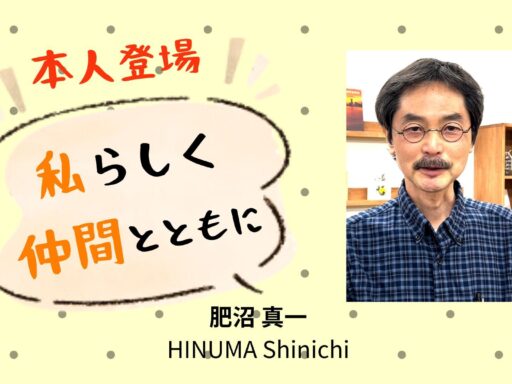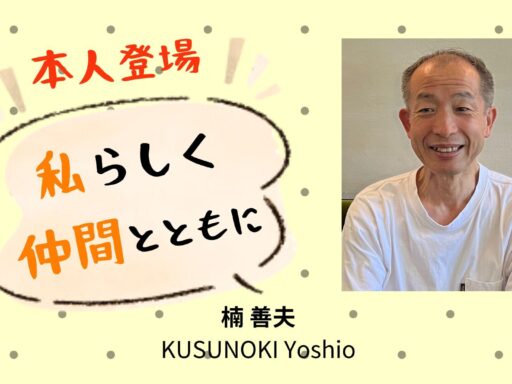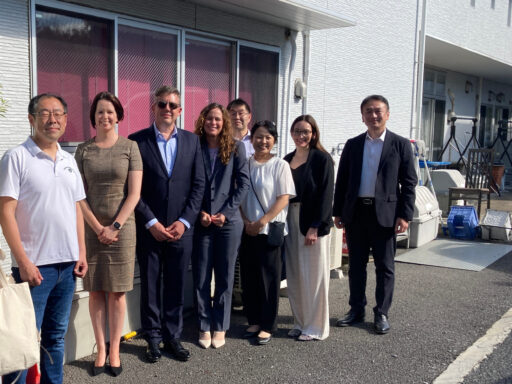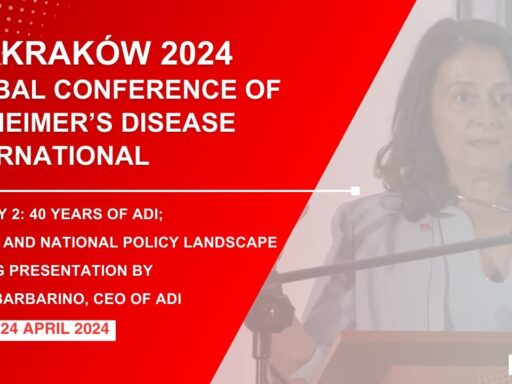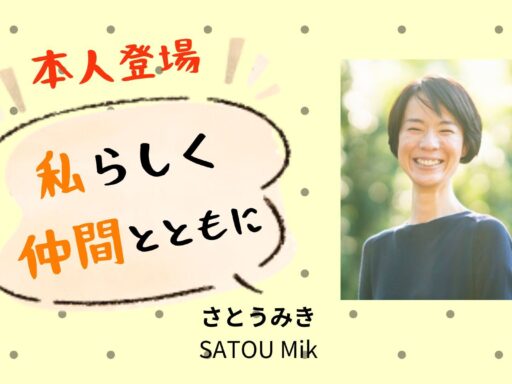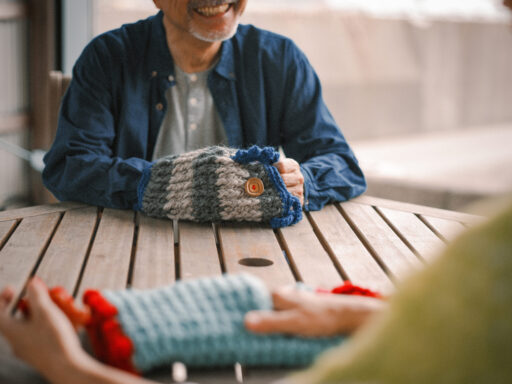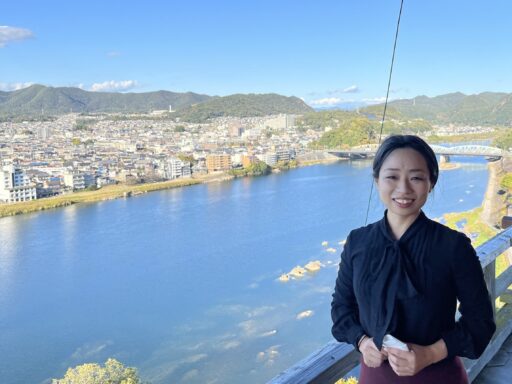Meetings of people for dementia: Family feelings you should know about
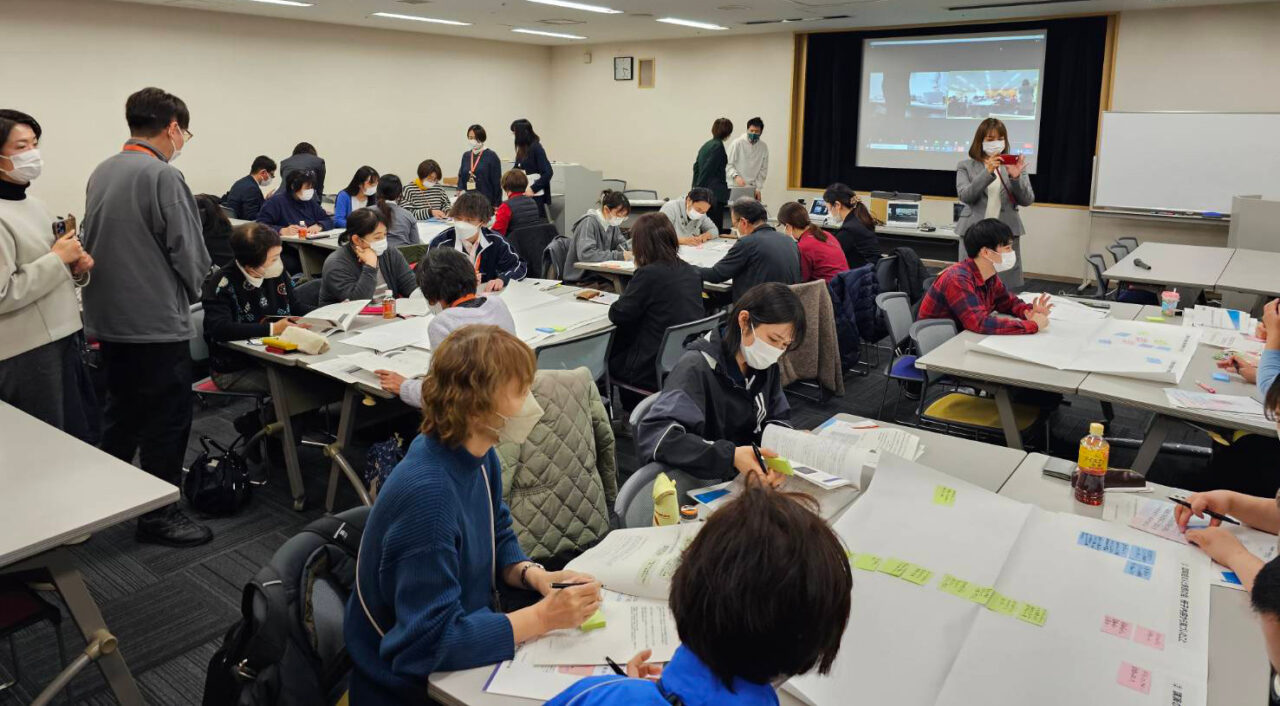
On 22 February 2024, The Exchange Meeting for People Involved in Dementia was held at the Adachi Lifelong Learning Centre, Adachi Ward, Tokyo. Twenty-nine participants joined the meeting on a cold and rainy day.
The Exchange Meeting for People Involved in Dementia is a meeting organised by the Association of Small Multifunctional At-home Care and the Association of Dementia Group Homes.
Participants included care workers (15), care managers (10) and nurses (4) involved in dementia care, 70% of whom had more than 10 years’ experience (see the table).
| Overall | |
|---|---|
| n | 28 |
| Gender = M (%) | 5 (17.9) |
| Experience (%) | |
| <3 | 2 ( 7.1) |
| 3-5 | 2 ( 7.1) |
| 5-10 | 4 (14.3) |
| >10 | 20 (71.4) |
| Affiliation(%) | |
| Comprehensive Community Consultation Centre | 9 (32.1) |
| Small Multifunctional At-home Care | 2 ( 7.1) |
| Care Management Office | 7 (25.0) |
| Home-Visit Care | 5 (17.9) |
| Home-Visit Nurse | 1 ( 3.6) |
| Dementia Group Home | 1 ( 3.6) |
| Dementia Day Service | 1 ( 3.6) |
| Outpatient Rehabilitation | 1 ( 3.6) |
| Day Service | 1 ( 3.6) |
| Certificate (%) | |
| Care Welfare Officer | 15 (53.6) |
| Social Welfare Officer | 5 (17.9) |
| Care Manager | 10 (35.7) |
| Nurse | 4 (14.3) |
| Training(%) | |
| Dementia Care Basic | 6 (21.4) |
| Dementia Care Practitioner | 6 (21.4) |
Alzheimer’s Association Japan has provided telephone consultations for people with dementia and their families since the association was established 44 years ago. An AI expert of Eisai Co. Ltd, analysed the initial telephone consultations among the consultation records of 2016 and made a booklet “AI-Analysed Consultation and Hints for Future Consultations” (https://www.alzheimer.or.jp/?p=57532).
In this presentation, Eisai’s AI experts explained the process of analysis:
- around 1,000 paper records were first read by OCR and digitised, and
- the categorized consultations were visualised with multiple AI scores.
Through this process, consultations of high importance and those that should be shared with the consultation staff were extracted.
Mrs. Yumiko Shibayama, Alzheimer’s Association Japan, who actually handles the consultations, presented several case studies.
For example, in consultation 6-2 from the booklet, the client wanted to take in her own mother, who was residing in a group home. In response to this consultation, after listening to her own mother’s feelings, she suggested that she first try out home care with an overnight stay. They also informed her of the importance of discussing this with her siblings.
After the lecture, the participants were divided into six groups for discussion. During the discussion, there was a lot of interest in AI, and some said that it could be used to educate newcomers, especially as consultation is difficult because it involves people’s emotions. On the other hand, the group also discussed the differences with community support centres, which provide consultation services from a different standpoint. In this regard, it was explained that the telephone consultation of the Association of People with Dementia and their Families does not provide direct support, but refers people to places that can help them.
The survey showed a high level of satisfaction with the overall and the lectures (see the figure below); a few people found the AI difficult; a few people found the case study of the AI difficult; a few people found the case study of the AI difficult. Despite the fact that the case study on the telephone consultation was difficult, many people saw it as a satisfactory response.
